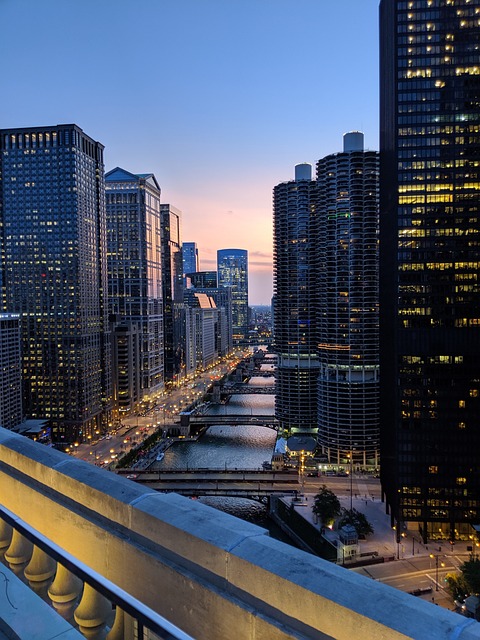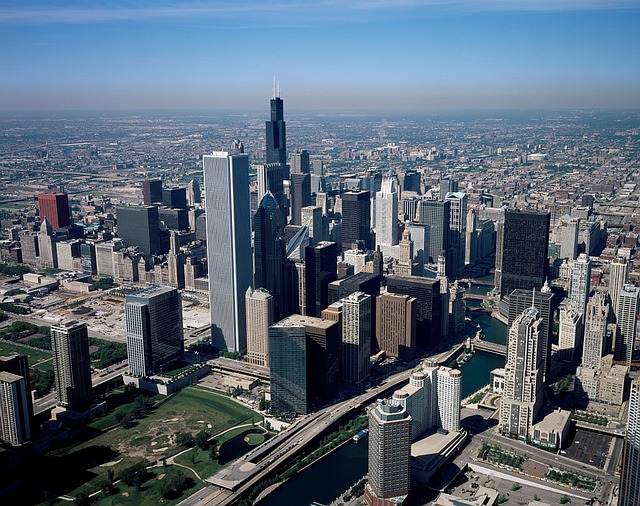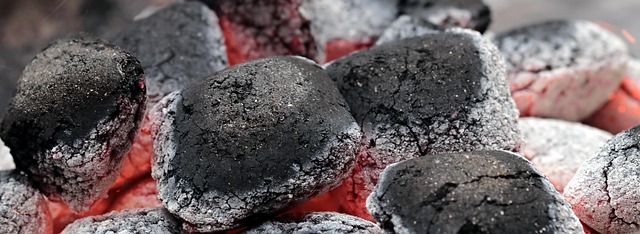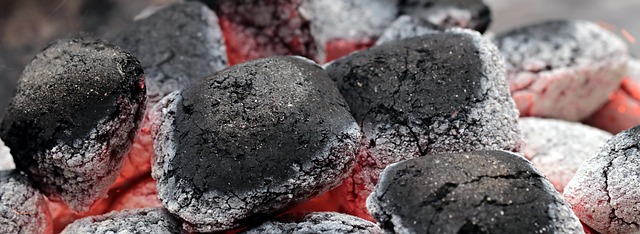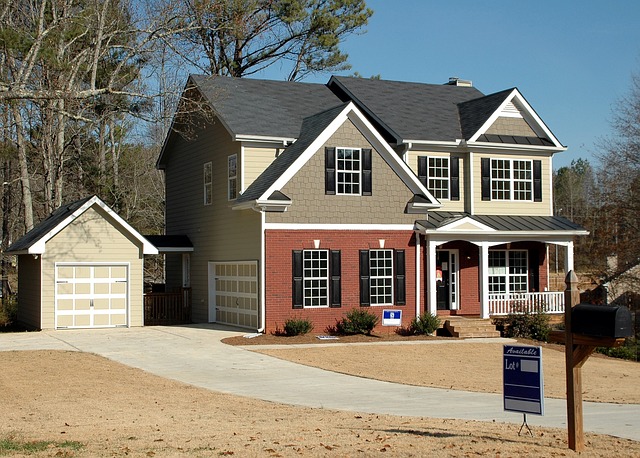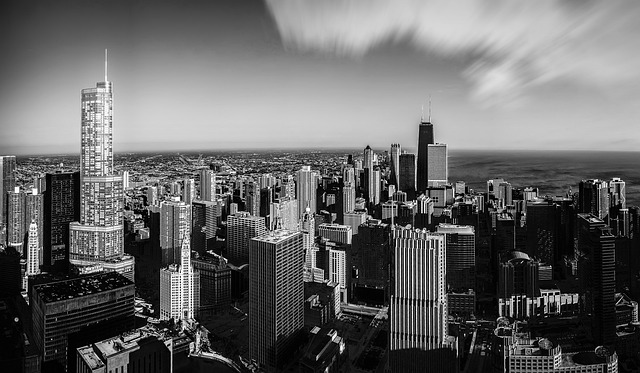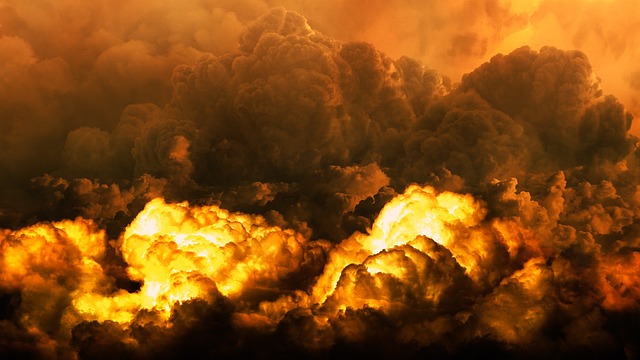Chicago's real estate market showcases a unique opportunity through properties recovering from fires, driving demand and offering potential for significant returns on investments. While fire damage presents challenges like lower property values, extended listing times, and loan/insurance complexities, strategic marketing, thorough repairs, and transparent communication can overcome these hurdles. Homeowners should consult professionals to assess damage, obtain permits, understand legalities, and ensure compliance with local building codes, ultimately selling their fire-damaged homes successfully in the competitive Chicago market. Revitalized properties, once scarred by fires, stand as symbols of resilience and transformation, inspiring hope for those facing similar challenges.
“Chicago’s real estate market, known for its dynamic landscape, faces unique challenges with fire damage. This comprehensive guide explores the intricate factors shaping the city’s property trends, including the effects of fires on home values and practical strategies for selling affected properties in the Windy City.
From legal considerations to inspiring revitalization stories, we delve into the process of navigating post-fire real estate, offering valuable insights for those looking to sell fire-damaged homes in Chicago.”
- Understanding Chicago's Real Estate Landscape: Trends and Factors
- The Impact of Fire Damage on Property Values in Chicago
- Strategies for Selling a Fire-Damaged Home in the Windy City
- Legal and Insurance Aspects: Navigating the Process After a Fire
- Revitalization Stories: Transforming Fire-Damaged Properties in Chicago
Understanding Chicago's Real Estate Landscape: Trends and Factors
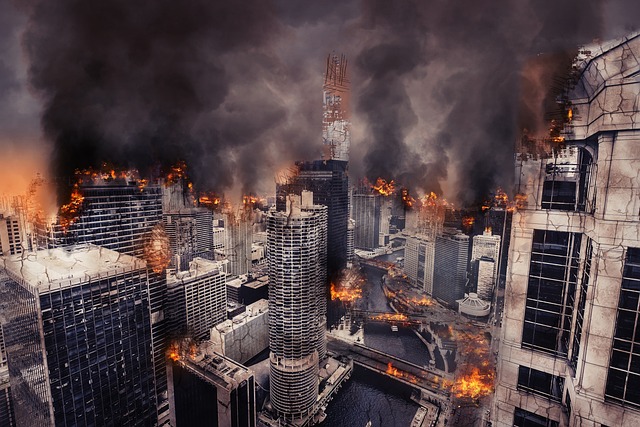
Chicago, a vibrant metropolis known for its diverse neighborhoods and rich culture, presents a unique real estate landscape. Understanding this market involves recognizing several key trends and factors that influence property values and sales dynamics. One notable trend is the increasing demand for housing in areas recovering from fire damage, presenting opportunities for both residents and investors looking to buy fire-damaged properties in Chicago and restore them.
Various economic indicators play a role in shaping the real estate market here. The city’s strong job growth, particularly in sectors like technology and healthcare, has fueled demand for housing. Additionally, population shifts due to remote work opportunities have contributed to higher prices and competitive markets. When it comes to selling fire-damaged houses in Chicago, savvy investors recognize the potential for significant returns after renovation, as these properties often offer affordable entry points into desirable neighborhoods.
The Impact of Fire Damage on Property Values in Chicago

In the Chicago real estate market, understanding the impact of fire damage on property values is crucial for both sellers and buyers. Fire can leave visible scars on homes, affecting everything from structural integrity to aesthetic appeal. According to recent studies, properties that have experienced fire damage often face significant challenges when it comes to selling. In a bustling city like Chicago, where real estate is highly competitive, a fire-damaged home may struggle to attract buyers, leading to longer listing times and potentially lower sales prices.
However, the effects go beyond immediate financial losses. Fire damage can also impact a property’s appraised value, making it more challenging for sellers to secure favorable loan terms or insurance coverage. While some buyers might be attracted to purchasing a fixer-upper at a discounted price, many prefer move-in ready homes. As a result, selling a fire-damaged house in Chicago requires strategic marketing, thorough repairs, and possibly even professional restoration services to mitigate the damage’s effects on property value, ensuring a smoother sale.
Strategies for Selling a Fire-Damaged Home in the Windy City
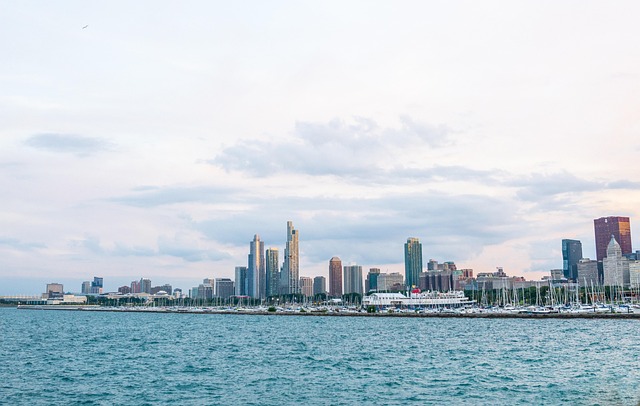
When it comes to selling a fire-damaged home in Chicago, the first step is assessing the extent of the damage. It’s crucial to have a professional inspector evaluate the property to understand the repair needs and potential costs. This information will be vital for accurately pricing the home, ensuring it doesn’t remain on the market for too long, and attracting buyers who are willing to invest in renovation projects.
Next, focus on thorough cleaning and repairs. Remove any signs of smoke or soot, as these can be off-putting to potential buyers. Conduct necessary renovations, such as rebuilding damaged structures or replacing fixtures. Remember that transparency is key; disclose all information about the fire and the subsequent repairs to build trust with prospective purchasers. By following these strategies, you’ll be better positioned to successfully sell a fire-damaged home in the Chicago real estate market.
Legal and Insurance Aspects: Navigating the Process After a Fire

After a fire, selling a fire-damaged home in Chicago involves more than just finding a buyer. There are legal and insurance considerations to navigate. First, assess if your homeowner’s insurance policy covers the damage; policies vary, so review the specifics carefully. If the damage is extensive, you might need to rebuild or renovate, which can be costly and time-consuming. Ensure all necessary permits are obtained for any repairs to comply with Chicago’s building codes and regulations.
Additionally, consult a real estate attorney to understand your rights and obligations as a seller. They can guide you through the legal process of selling a damaged property, including any potential liabilities. When ready to list, be transparent about the fire damage history; potential buyers will likely conduct inspections, so disclose relevant details upfront. This approach fosters trust and helps attract buyers who understand the unique circumstances surrounding the sale of a fire-damaged Chicago home.
Revitalization Stories: Transforming Fire-Damaged Properties in Chicago

In the heart of Chicago, stories of resilience and transformation are woven into the fabric of its neighborhoods, often centered around revitalized properties that once bore the scars of fire damage. These tales offer a beacon of hope for homeowners facing similar challenges, demonstrating that even after devastating fires, properties can be restored to their former glory or even transformed into something new and vibrant. The city’s robust real estate market has embraced this trend, with many buyers recognizing the potential in these fire-damaged homes, eager to contribute to Chicago’s ongoing rebirth.
From charred shells to thriving residential spaces, the journey of selling a fire-damaged house in Chicago involves meticulous reconstruction and a deep understanding of the local market. Skilled contractors play a pivotal role in these transformations, employing innovative techniques to repair and renovate structures while adhering to stringent building codes. This process not only enhances the property’s value but also ensures safety for future occupants, making it an attractive option for those seeking to invest in the city’s dynamic real estate landscape.
The Chicago real estate market, with its unique challenges and opportunities, presents a compelling story of resilience and transformation. From understanding the landscape to navigating legal aspects and inspiring revitalization, this article has explored various facets of the city’s property scene, especially in the context of fire damage. As the Windy City continues to evolve, owning and selling a fire-damaged home in Chicago requires a strategic approach, combining market knowledge, legal expertise, and a focus on community recovery. By embracing these strategies, residents can contribute to the city’s vibrancy while securing favorable outcomes when selling their fire-impacted properties.
